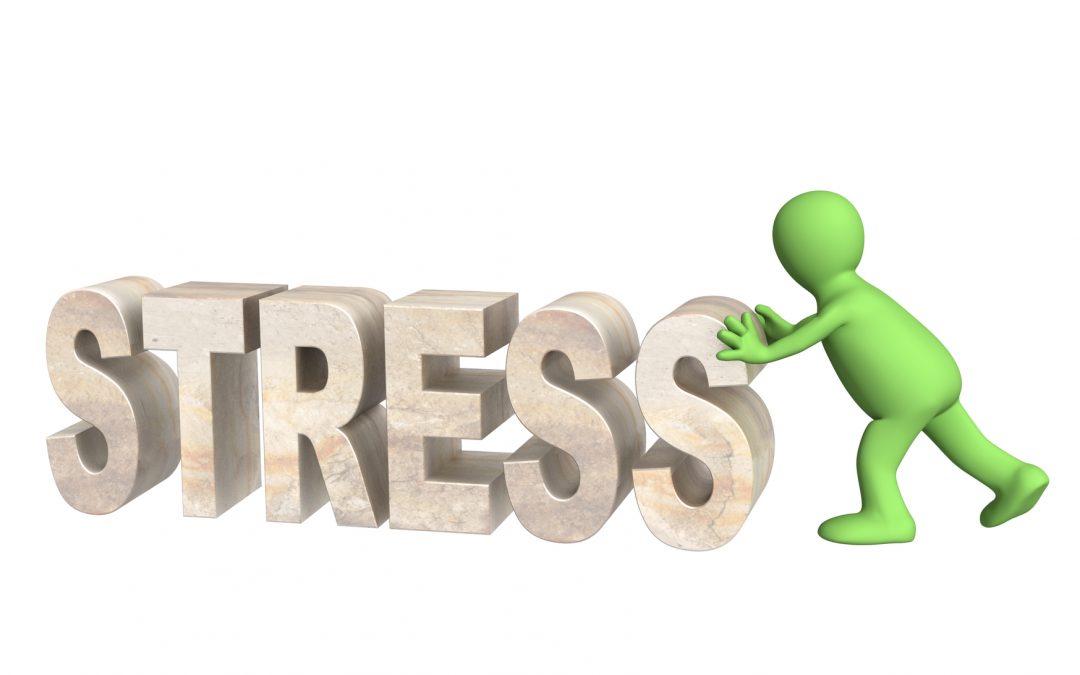In last week’s blog post we talked about the importance of being self aware for emotional health. Self-awareness is a subset of emotional intelligence (EI), the ability to understand and manage emotions to maximize the effectiveness of relationships, behaviour, and decision-making. This week we will be looking at how leaders are able to successfully endure occasionally high levels of stress and remain in a healthy emotional state.
Enduring Under Stress
Every leadership position faces stress. It comes with the territory.The key is not to let it get the best of you; emotions make stressful moments worse. Leaders can’t be optimally effective when emotions interfere with theirdiscernment or decision making.
Once damaging emotions can be identified, the effect they have on your leadership role becomes clearer. For example, anxiety not only inhibits decisions but shows your people an unreliable trait that loses their trust. Who will they count on to lead them through stormy seas? Anger causes resentment,distrust, and withdrawal in your people. Their productivity suffers under these conditions, and that feeds more anger, replaying a vicious cycle.
A key to enduring under stress is to evaluate situations as objectively as possible, step back to grasp the need for rational responses,and maintain a strong, reliable composure. Emotions are important for a leader but must be balanced in healthy proportions with other traits. In Emotional Health & Leadership, theGlobal Leadership Foundation asserts that positive emotions, rational thought,and gut feel have a place in discernment and decision making. Find the best ratios for each instance.
Filtering out stress and negative emotions becomes easier when trials are treated as situations requiring calm rather than reflex. The key is to get better at making thoughtful, constructive responses rather than automatic reactions. Taking responsibility for your responses requires forethought and conditioning to step back and think – before acting. These are all behaviours worth practicing and perfecting.
Leaders who rely on their proven abilities and strengths respond to trials with more confidence. They trust their skills and are not overly concerned about how others judge them. Do you find yourself worrying more about your reputation than fixing your organization’s problems? You might be under-confident, anticipating the worst, or taking the trial as a personal incrimination. Enduring under stress is enhanced by making your focus less about your personal welfare and more about the company’s.
If you need help keeping your cool during stressful situations, the herd and I are here to help you master this skill! There is nothing like working with horses to boost your self-confidence and assuredness that you can handle what life and business throws at you!
As always, I would love to hear from you. I can be reached here or on LinkedIn.


